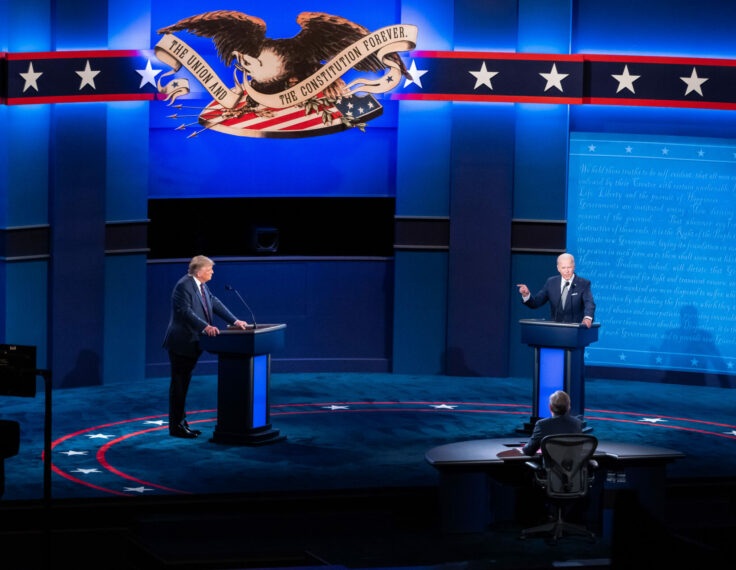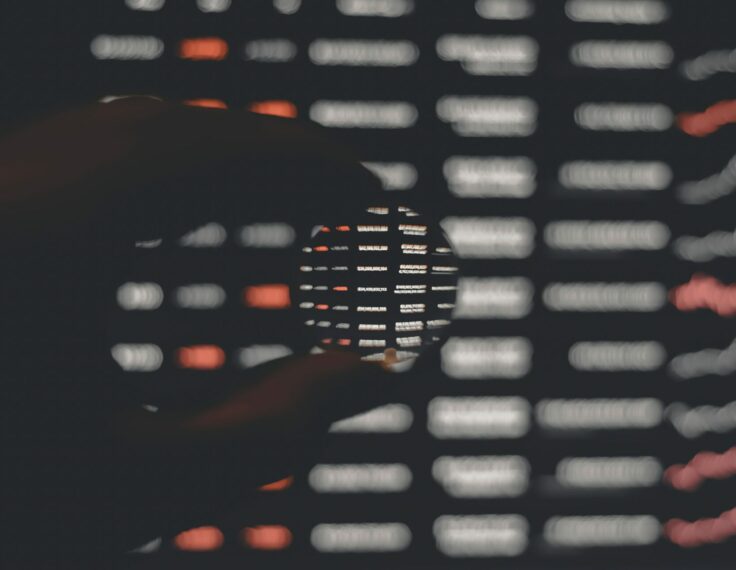Retraction note to: Disinformation creep: ADOS and the strategic weaponization of breaking news
HKS Misinformation Review Editorial Staff
The HKS Misinformation Review retracts the article “Disinformation creep: ADOS and the strategic weaponization of breaking news”(https://doi.org/10.37016/mr-2020-52), which was published in the journal on January 18, 2021.
By HKS Misinformation Review Editorial StaffAfter concerns were brought to our attention by the organization that is the object of the study, challenging the validity of the findings reported by Nkonde et al.,

Research note: Lies and presidential debates: How political misinformation spread across media streams during the 2020 election
Jaren Haber, Lisa Singh, Ceren Budak, Josh Pasek, Meena Balan, Ryan Callahan, Rob Churchill, Brandon Herren and Kornraphop Kawintiranon
When U.S. presidential candidates misrepresent the facts, their claims get discussed across media streams, creating a lasting public impression. We show this through a public performance: the 2020 presidential debates. For every five newspaper articles related to the presidential candidates, President Donald J.

Research note: Examining how various social media platforms have responded to COVID-19 misinformation
Nandita Krishnan, Jiayan Gu, Rebekah Tromble and Lorien C. Abroms
We analyzed community guidelines and official news releases and blog posts from 12 leading social media and messaging platforms (SMPs) to examine their responses to COVID-19 misinformation. While the majority of platforms stated that they prohibited COVID-19 misinformation, the responses of many platforms lacked clarity and transparency.

Digital literacy is associated with more discerning accuracy judgments but not sharing intentions
Nathaniel Sirlin, Ziv Epstein, Antonio A. Arechar and David G. Rand
It has been widely argued that social media users with low digital literacy—who lack fluency with basic technological concepts related to the internet—are more likely to fall for online misinformation, but surprisingly little research has examined this association empirically. In a large survey experiment involving true and false news posts about politics and COVID-19, we found that digital literacy is indeed an important predictor of the ability to tell truth from falsehood when judging headline accuracy.
